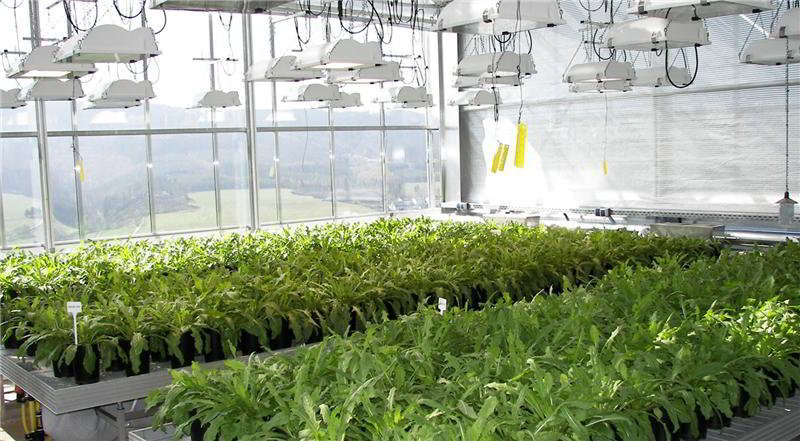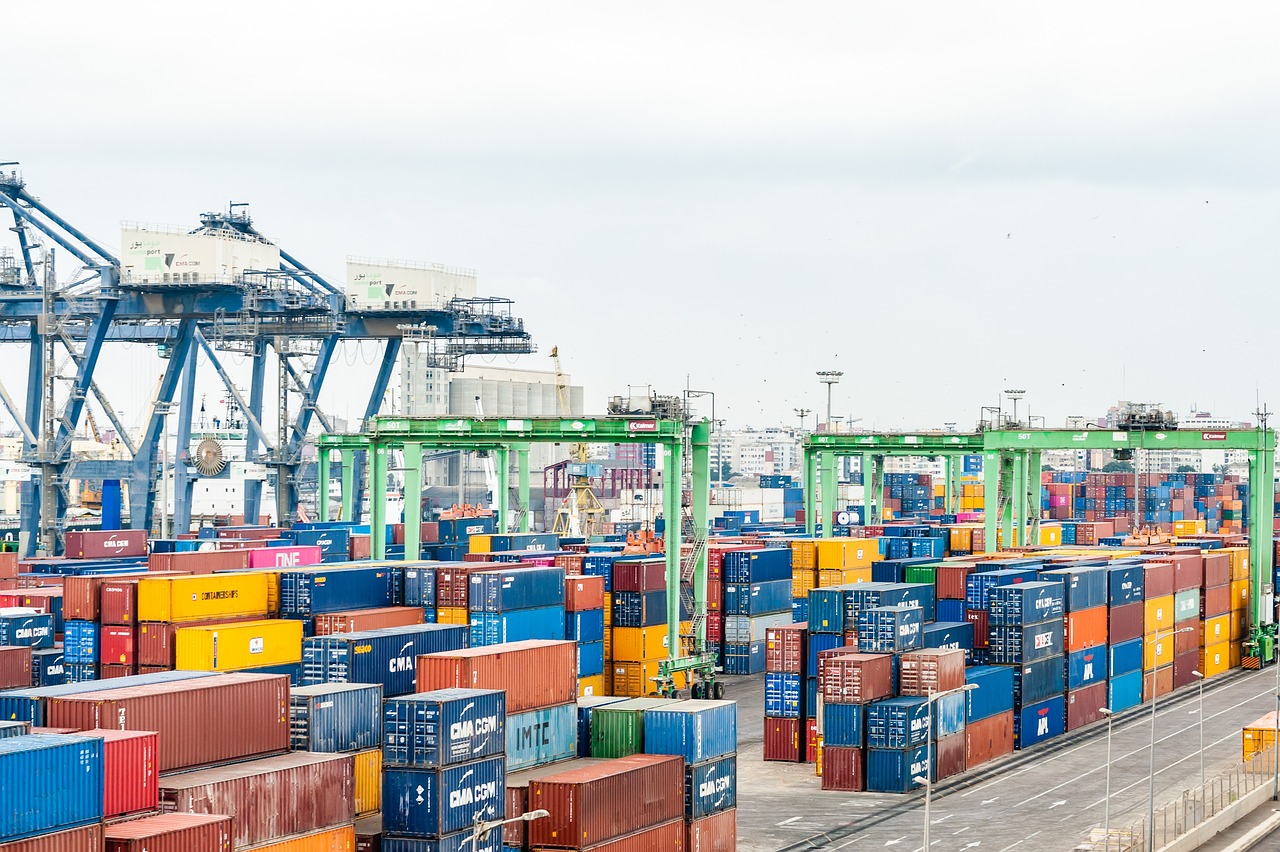Kids can’t pass up a dandelion. Neither can herbalists and natural healers. Generations have used dandelions for everything from making wishes to creating herbal drinks and medicines. But now, a dandelion’s showing significant promise as a source of rubber.
The Fraunhofer Institute for Molecular Biology and Applied Ecology has paved the way for breakthrough engineering, using the juice of the dandelion to extract rubber, which will then be used to manufacture tires. The optimization of dandelion cultivation will go hand in hand with advanced production engineering to increase rubber procurement in Europe and then in the rest of the world. In the High Level Group meeting of the European Innovation Partnership (EIP) on Raw Materials in February this year, European Tyre and Rubber Manufacturer’s Association (ETRMA) members stressed on the fair and sustainable access to raw materials and inclusion of natural rubber on the list of crucial raw materials.
To create high-grade natural rubber from dandelions, a special pilot facility has been set up in Münster by the team of molecular biologists at IME and the research wing of the automotive supplier giant, Continental. New varieties of the plant are being cultivated to make better tire blends. Care is also being taken to ensure that these new blends are high in both rubber and biomass, which means a more cost effective and more sustainable future for the industry.
Research has shown that the rubber extracted from the dandelion root is less affected by the elements than rubber obtained from a rubber tree. This means better quality and more potential for the production process. DNA markers have enabled scientists to identify which gene is responsible for higher yields so that there can be more efficient cultivation.
But you’ll have to wait to order your next set of dandelion-made rubber tires. The first prototype is scheduled for a road test in the next few years.







